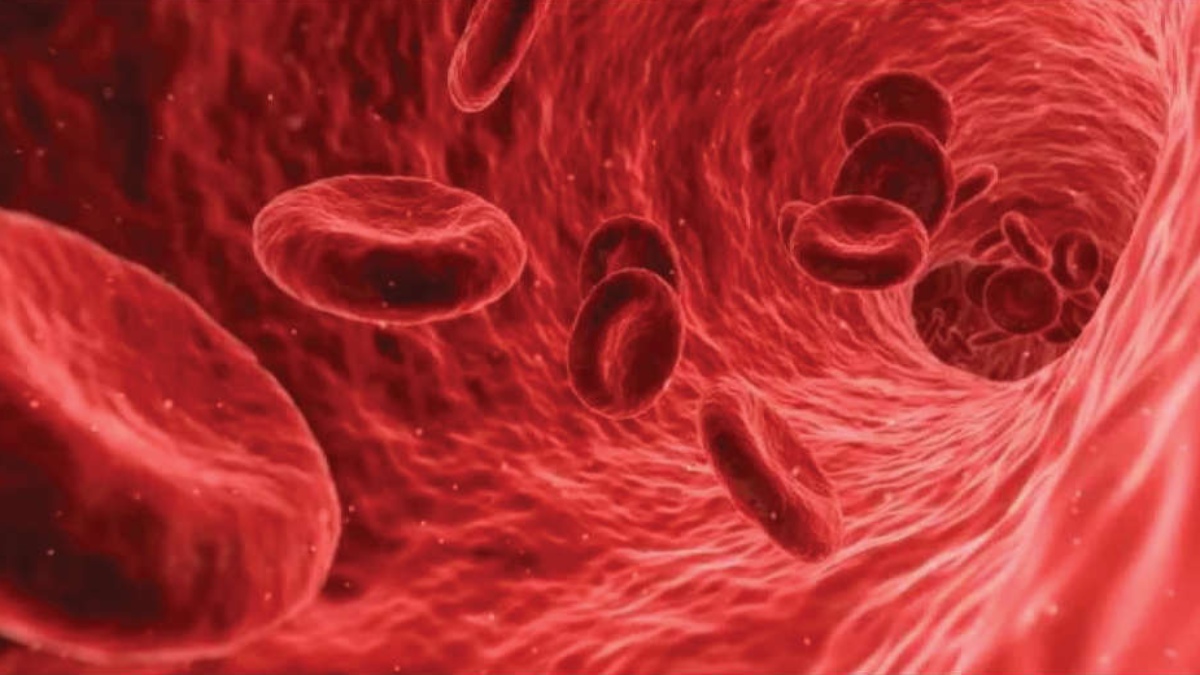


Some proof-of-concept HIV vaccines in early human trials generate antibodies that actively hinder protection by degrading the vaccine’s payload, suggests a new study from Scripps Research.
Their study was published in the journal Science Advances. While scientists have had rapid success engineering vaccines against the pandemic coronavirus in less than a year’s time, HIV, the virus responsible for the AIDS epidemic, has proven significantly more challenging. Understanding how “off-target” antibodies may be undermining HIV vaccine prototypes allows for design improvements, says the study’s lead author, Andrew Ward, PhD, a structural biology professor at Scripps Research in La Jolla, CA.
“Our study provides critical insights for further improvement of HIV subunit trimer vaccines for future rounds of the iterative vaccine design process,” Ward and colleagues write. Despite more than 30 years of effort, the world still lacks an effective vaccine against acquired immunodeficiency syndrome (AIDS). Given the rapid success of the coronavirus vaccines, it may seem perplexing, but the reasons are many. The coronavirus infects cells in the airways and elsewhere. But HIV, short for “Human Immunodeficiency Virus,” infects the very immune cells needed to generate an immune response. That’s just the beginning of the challenge.
Compared to HIV, the coronavirus is slower to change and relatively stable. HIV has proven a master of disguise, able to cloak itself in a changing coating of protective sugar molecules stolen from its host, to make it appear friendly. Plus, it churns out mutated versions at an astonishingly rapid rate, staying one step ahead of people’s immune responses.
“The HIV surface spike is a sugar-coated, shape-shifting nightmare for antibodies to latch onto and provide protection,” says Dennis Burton, PhD, chair of the Department of Immunology and Microbiology at Scripps Research, and co-author on the paper.
“HIV exists in literally hundreds of thousands of different variants of concern compared to the handful for coronavirus,” Burton notes. To outfox HIV’s changeability, scientists have developed techniques to “rationally design,” or engineer, vaccine particles intended to prompt the formation of antibodies that broadly neutralize many subtypes of HIV.
Much like the current array of pandemic coronavirus vaccines, these HIV vaccine prototypes consist of a fragment of the actual virus, the surface spike known as the envelope glycoprotein (Env), which is found on the virus exterior.